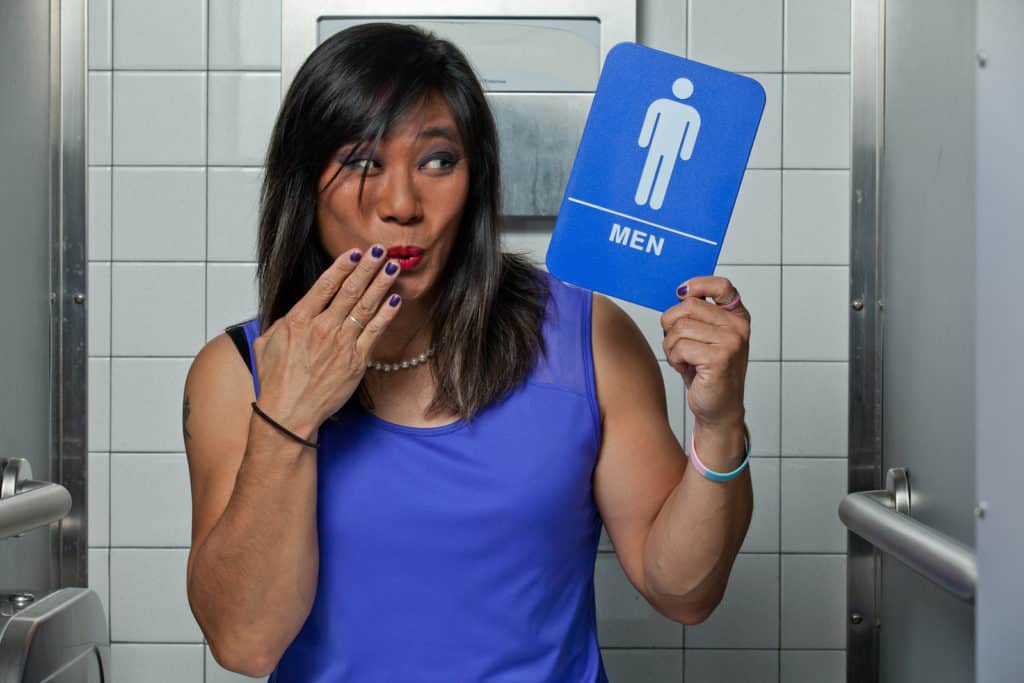North Carolina governor Roy Cooper and state lawmakers came to an agreement to repeal the state’s controversial bathroom law, known as HB2. But LGBT advocacy groups argue that the deal is not a repeal and still fails to protect transgender individuals from discrimination.
After a long-fought battle, the governor and Republican lawmakers came to an agreement that would repeal HB2, but still maintain one of its most crucial parts.
Under the new deal, the regulation of bathrooms would remain in the state’s control, so local cities and governments could not pass their own anti-discrimination laws until 2020.
The Senate Rules Committee will vote on the deal Thursday morning. If passed, the legislation will need to pass two additional Senate votes before going to the House.
The HB2 bill has caused tremendous controversy since being passed in 2016. Under the law, transgender individuals are not permitted to use the restrooms they identify with, and local governments are not permitted to pass non-discrimination ordinances.
Governor Roy Cooper said he supports the compromise, but acknowledges that it has flaws.
“It’s not a perfect deal, but it repeals HB2 and begins to repair our reputation,” Cooper said.
Under the new deal, HB2 will be repealed, but local governments cannot pass ordinances related to bathroom policy, and regulation of multi-occupancy bathrooms will fall under the state’s control.
Equality NC executive director Chris Sgro says the legislation is a “shell piece.”
“The Initiative is not a repeal. It’s doubling down on the discrimination that HB2 exacts – it’s HB2.0,” said Sgro. “It doesn’t allow municipalities to protect people from discrimination till 2020.”
Sgro said the new deal does nothing to better the lives of LGBT people living in North Carolina.
The HB2 bill has cost the state millions of dollars since being signed into law. Most recently, the NCAA told the state it had until Thursday to change the law or it would not host any college championships through 2022.



